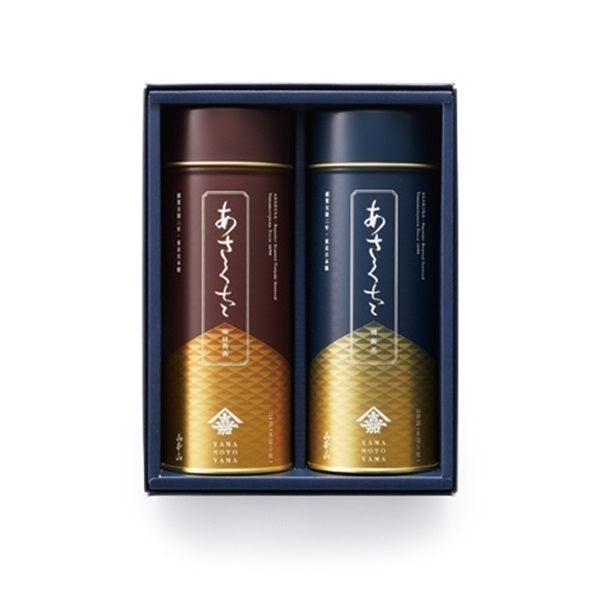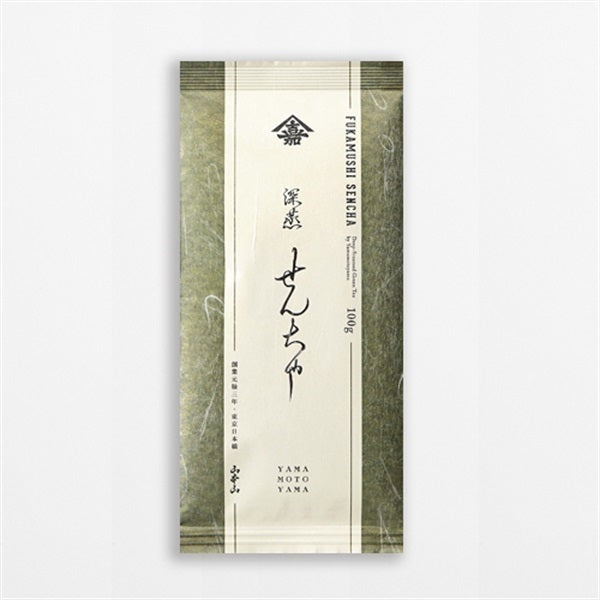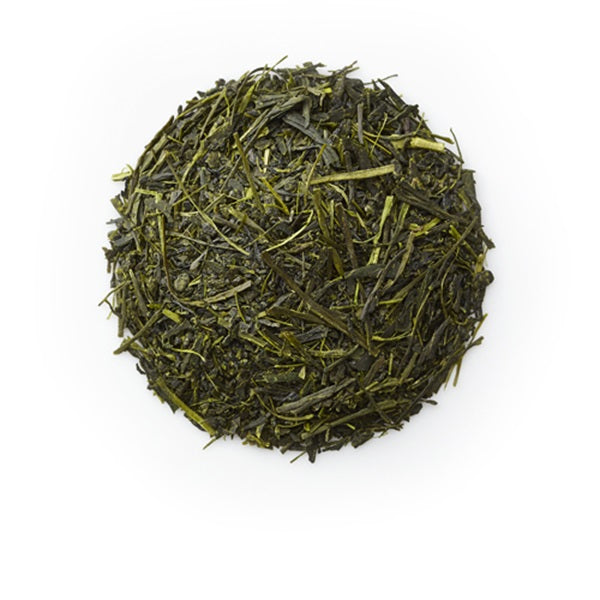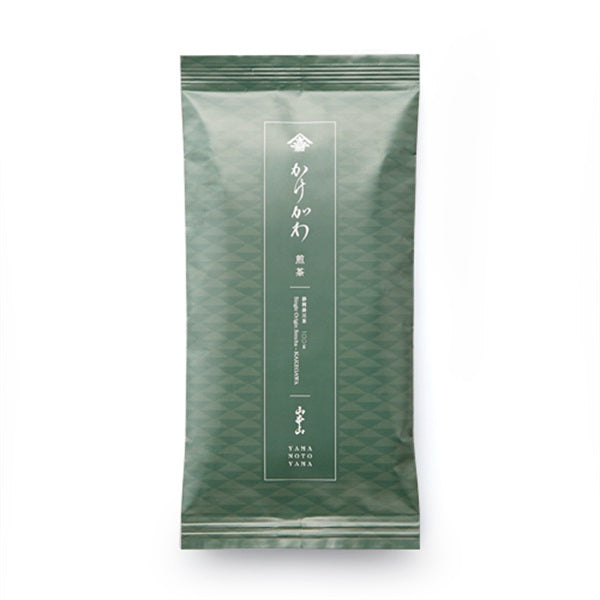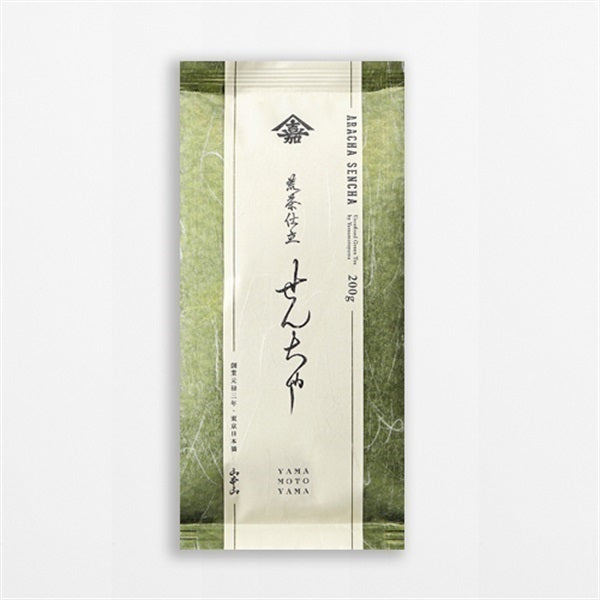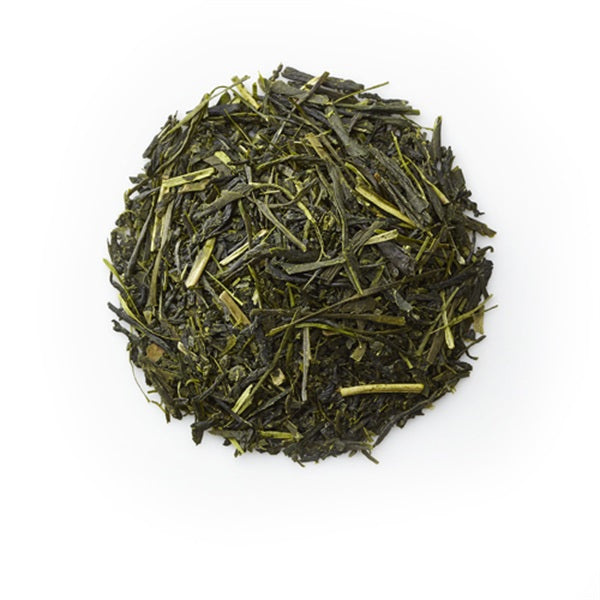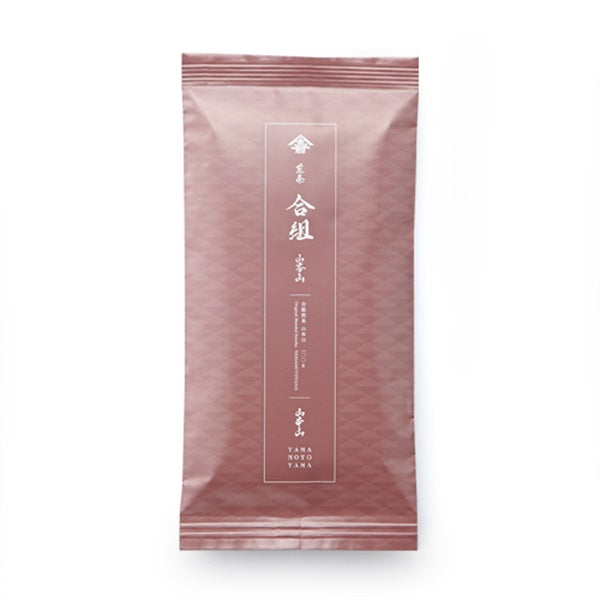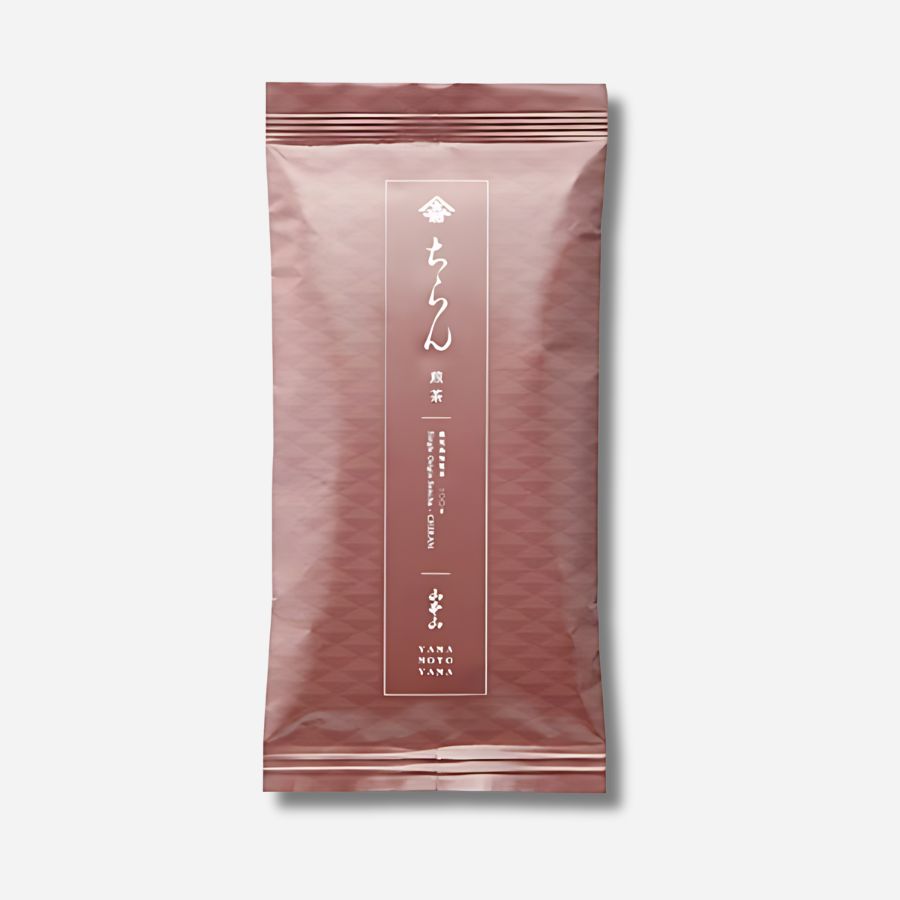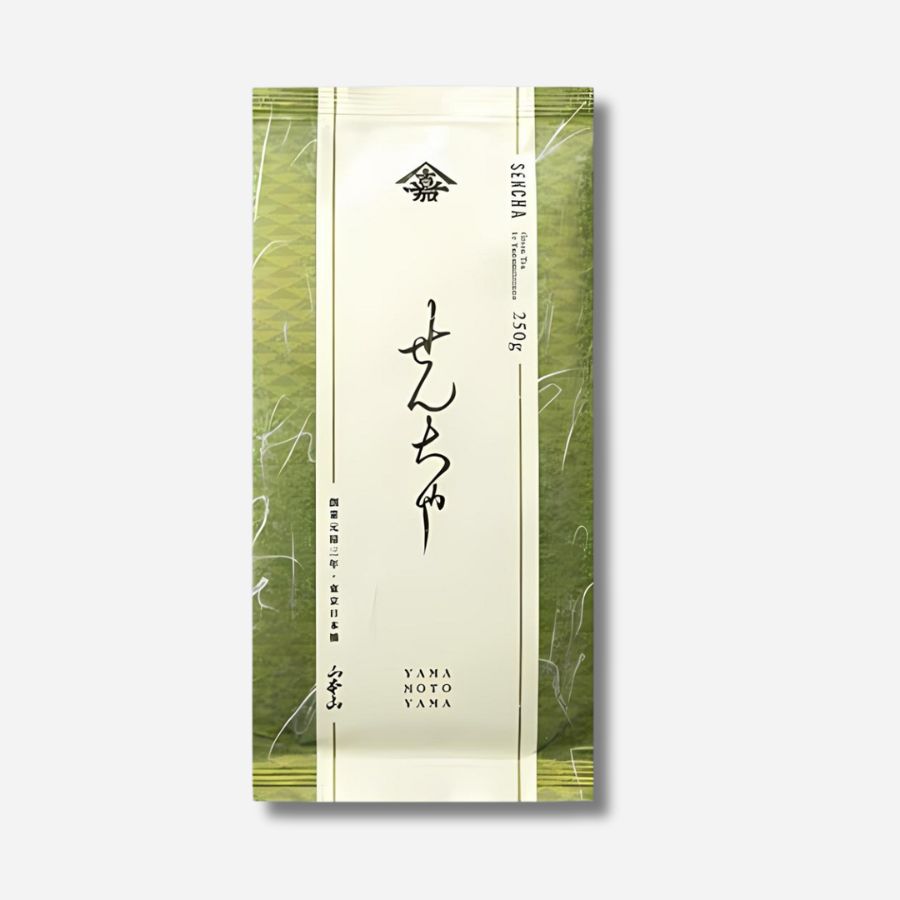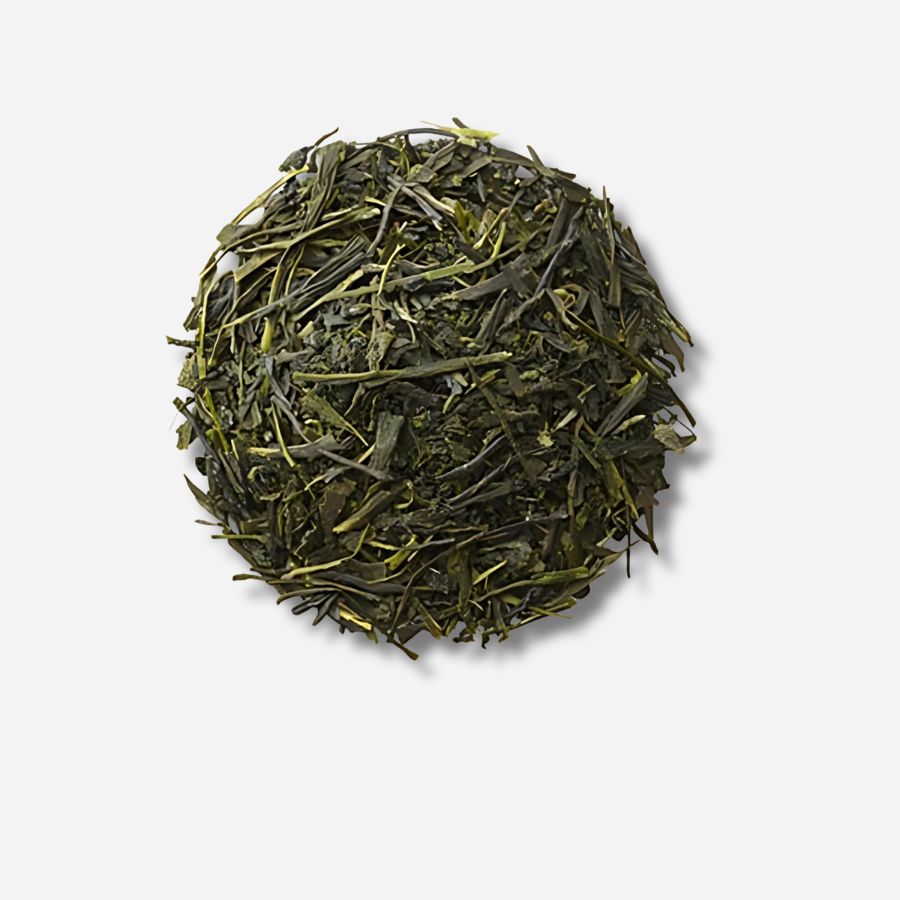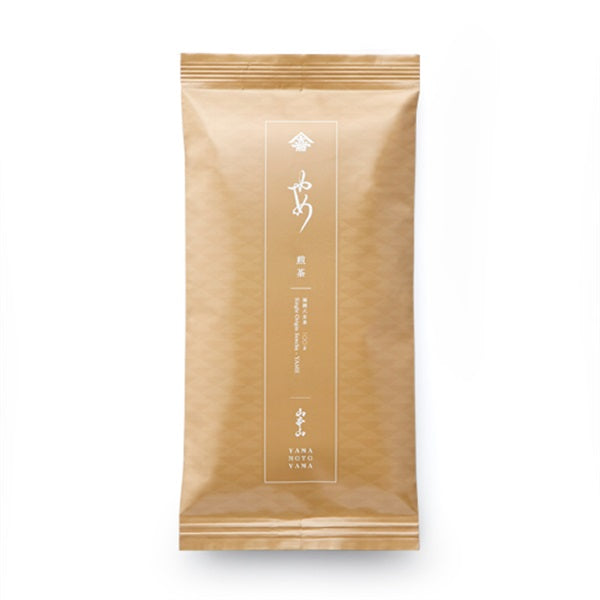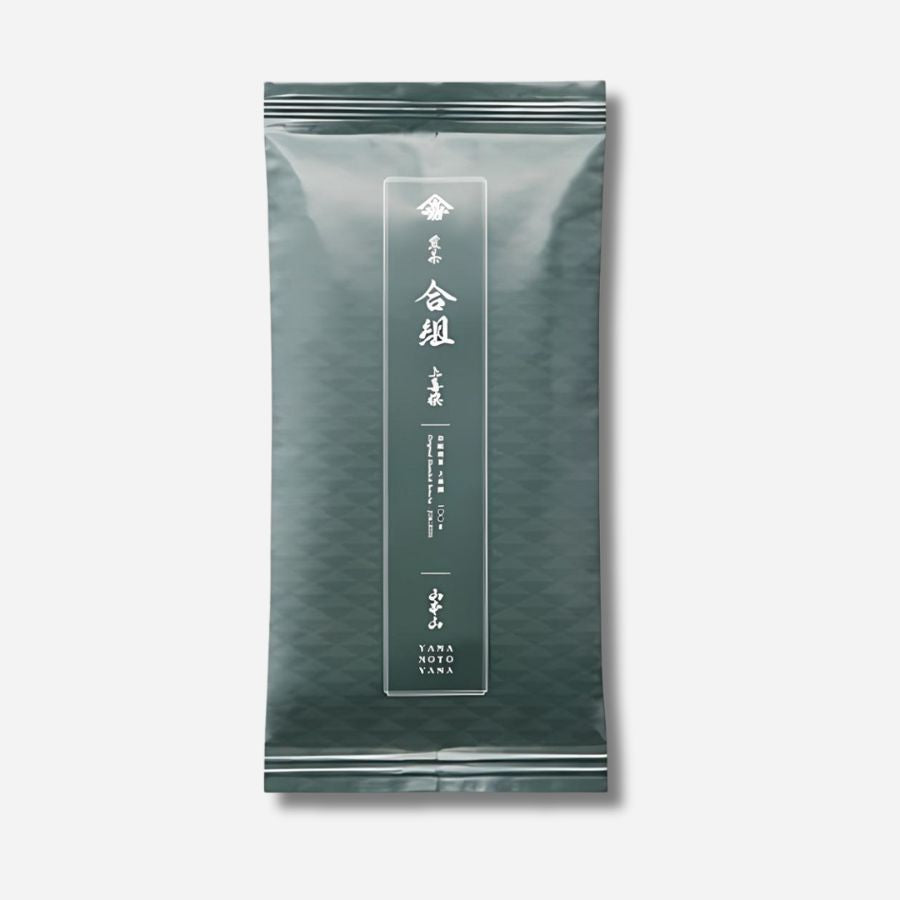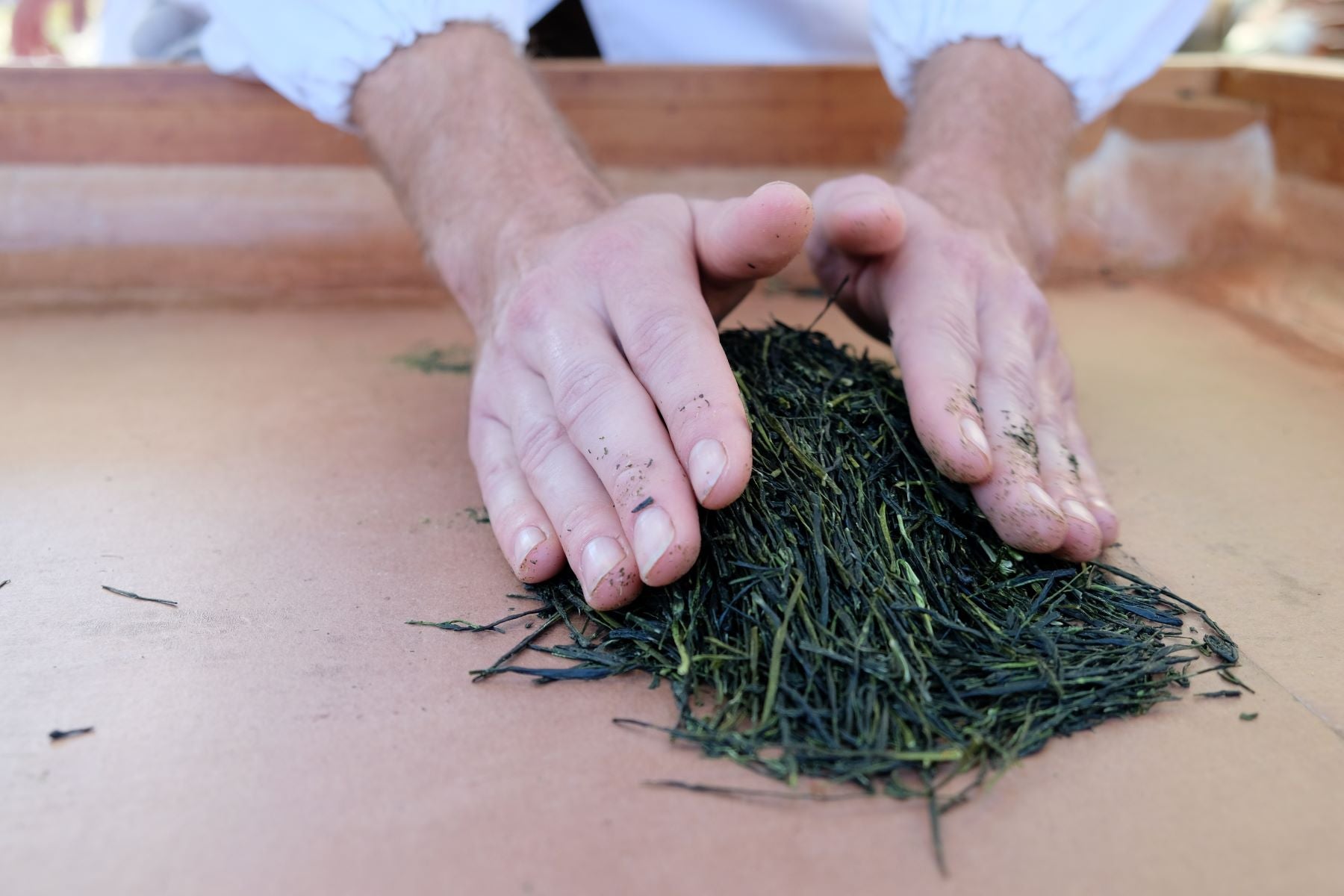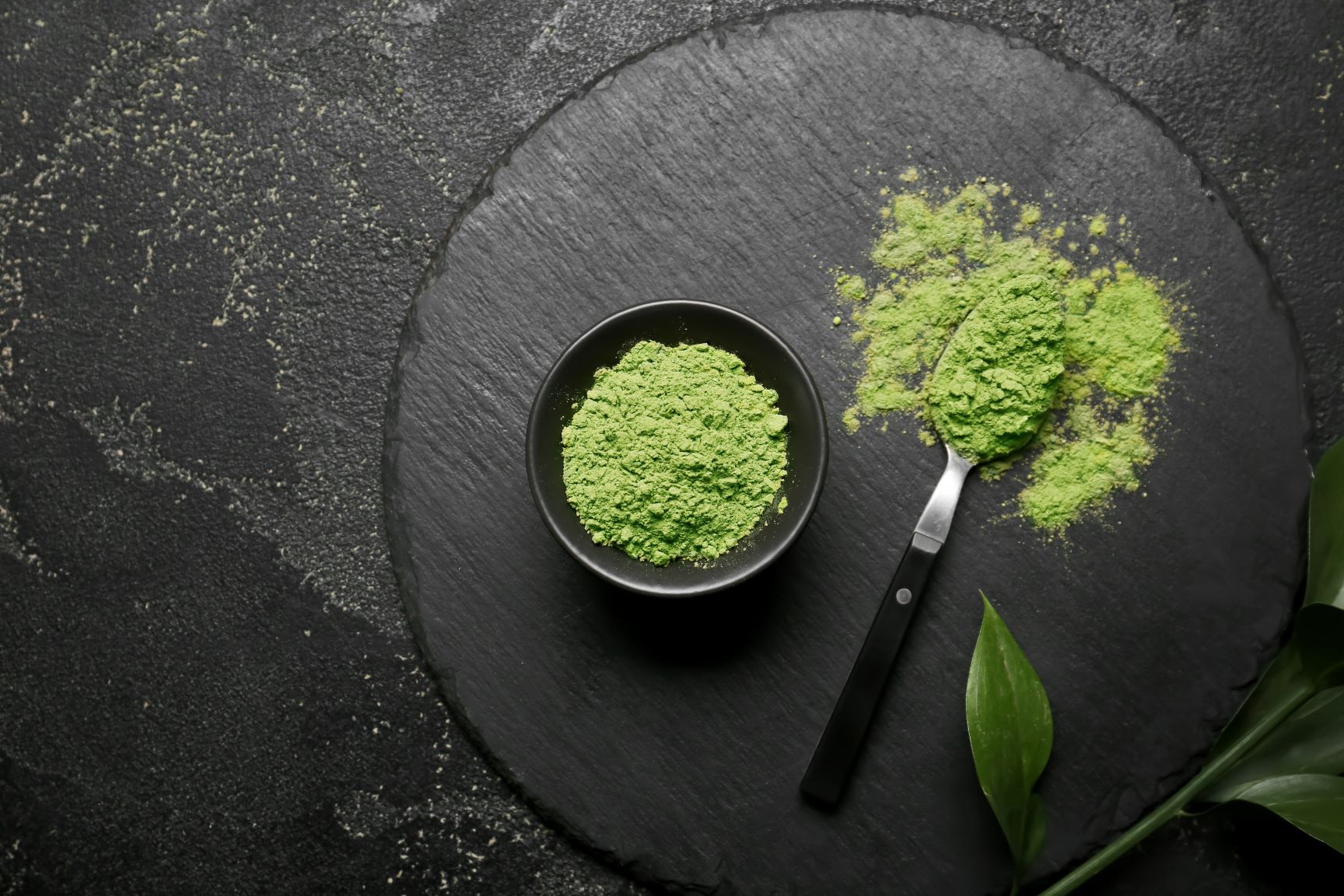
The amazing ingredients in green tea! The secret to cancer prevention and Helicobacter pylori eradication
- Introduction
- The mechanism by which green tea components prevent cancer
- Combating Active Oxygen: The Antioxidant Effects of Japanese Tea
- The effects of catechin: attacking cancer cells
- Apoptosis induction: Suicide of cancer cells
- Possibilities revealed by research
- Eliminate Helicobacter pylori and protect your stomach
- summary
Introduction
Unfortunately, the leading cause of death among Japanese people is cancer.
Cancer is a disease that occurs when the genes in the cells of our body are damaged and the damage is not repaired, causing the cells to proliferate.
Our living environment contains various chemicals, ultraviolet rays, viruses, and radiation, all of which can damage DNA.

However, cells have a natural mechanism for repairing damaged DNA, and most damage is quickly repaired.
Furthermore, in the unlikely event that the repair fails, the body has the ability to eliminate those cells.
However, in rare cases, the cells that are not repaired can survive in the body as mutated cells.
When substances that promote cancer growth are added to the damaged cells, they begin to proliferate abnormally, stimulating the damaged cells and turning them into cancer cells.

The mechanism by which green tea components prevent cancer
It is believed that the catechins and vitamins A, C, and E contained in green tea work to inhibit the following two processes that lead to the development of cancer:
- Chemical substances or viruses damage genes, causing mutations that can lead to cancer.
- The action of carcinogens promotes the transformation of cells into cancer.

1. Fighting against free radicals: The antioxidant properties of green tea
First of all, green tea is rich in vitamins A, C, and E, which neutralize the active oxygen generated in the body and prevent cell oxidation.
Reactive oxygen species are thought to be one of the causes of cancer because they damage genes and cause cells to age.
2. Catechins attack cancer cells
Next, catechin is expected to have the effect of suppressing the proliferation of cancer cells and even killing them.
Catechin has the effect of inhibiting the signal transduction necessary for the proliferation of cancer cells and inhibiting DNA synthesis in cancer cells. It is also thought to have the effect of inducing apoptosis (cell death) in cancer cells.
3. Induction of apoptosis: Suicide of cancer cells
Apoptosis is a phenomenon in which cells choose to die.
When apoptosis occurs, the cell membrane changes and swells up like a balloon, then the genes inside the cell are broken down into small pieces and the whole cell is broken down into pieces. These pieces of the cell are then cleaned up by immune cells that protect our bodies.
A compound called catechin contained in green tea is thought to have the effect of inducing apoptosis in cancer cells.
In other words, catechin is expected to have the effect of reducing the number of cancer cells and suppressing cancer growth by encouraging cancer cells to "self-destruct."

Possibilities revealed by research
In animal experiments, the components contained in green tea have been shown to be effective in preventing cancer and suppressing its progression, and the mechanism behind this is gradually being elucidated.
Meanwhile, research is currently being actively conducted around the world to see whether similar effects can be expected in humans.
According to the results of an epidemiological study conducted by the Saitama Cancer Center, interesting data has been found showing that people who drink more than 10 cups of green tea a day have a lower risk of death not only from heart disease but also from cancer.
In particular, the age at death from cancer was found to be approximately three years later for men and seven years later for women than for those who drank little or no tea.

Of course, we need to take into account the fact that these survey results suggest that people who drink a lot of tea are more health conscious and may be leading healthy lifestyles in general, not just tea drinking.
Therefore, simply drinking a lot of green tea does not necessarily prevent cancer.
However, even taking these points into account, the results of this study provide valuable data supporting the idea that green tea is a healthy drink.
Further elucidation is expected regarding the anti-cancer effects of the components in green tea, and in the future, drinking green tea may be widely recognized as a means of cancer prevention.

Eliminate Helicobacter pylori and protect your stomach
Helicobacter pylori is known to be one of the main causes of stomach cancer.
Long-term infection with Helicobacter pylori can cause chronic inflammation in the stomach, which can eventually lead to stomach cancer.
Traditionally, antibiotics have been used to eradicate Helicobacter pylori, but there were concerns about side effects and the development of resistant bacteria.

Therefore, research was conducted focusing on the catechins contained in green tea.
As a result, it was found that a catechin solution made by diluting green tea about 10 times had the effect of suppressing the growth of Helicobacter pylori. This suggests that the antibacterial properties of green tea are effective against Helicobacter pylori.
This means that drinking green tea on a daily basis may reduce the risk of gastritis and stomach cancer caused by Helicobacter pylori.
However, green tea alone cannot completely eradicate H. pylori. To prevent stomach cancer, it is important to take comprehensive measures, such as undergoing regular health checkups.

summary
As you can see, green tea contains a wide variety of ingredients that support our health.
Catechin, known for its antioxidant properties, is expected to have effects such as suppressing the proliferation of cancer cells and preventing arteriosclerosis.
In addition, green tea is also expected to have the effect of suppressing the activity of Helicobacter pylori.
Helicobacter pylori is one of the factors that increase the risk of stomach cancer, and eradicating it is very important for living a healthy life. Drinking green tea actively may be one way to suppress the growth of Helicobacter pylori and protect stomach health.
Of course, green tea is by no means a panacea. However, its rich ingredients have the potential to support our health in many ways. Incorporating green tea into your daily life can be one of the beneficial choices for living a healthy life.
<Reference>
National Cancer Center, National Research and Development Agency "Development and evaluation of cancer prevention methods through lifestyle modification"

